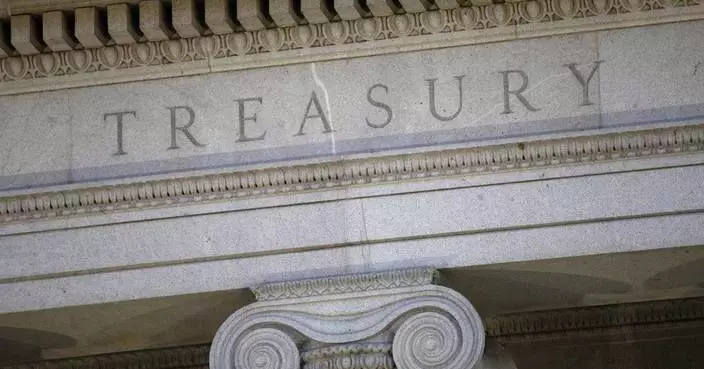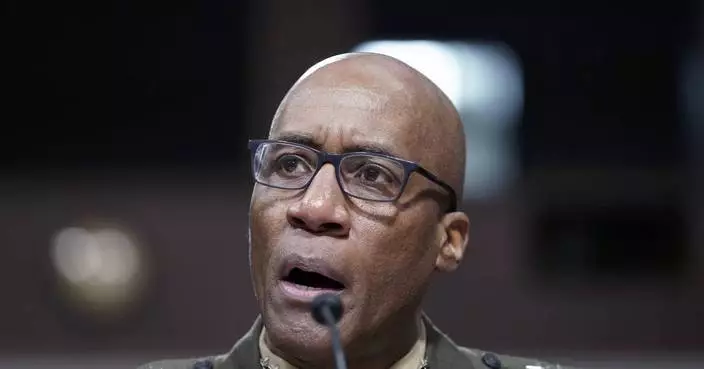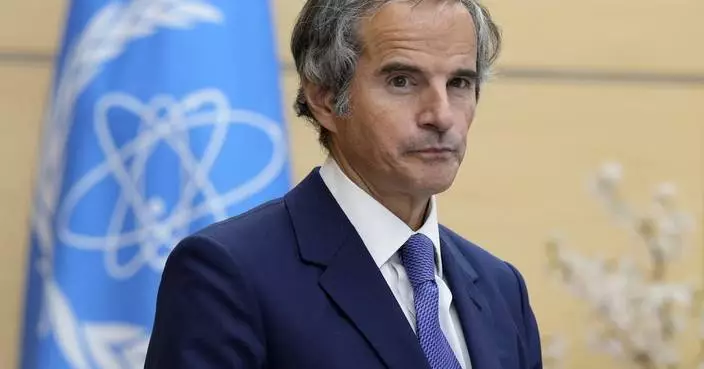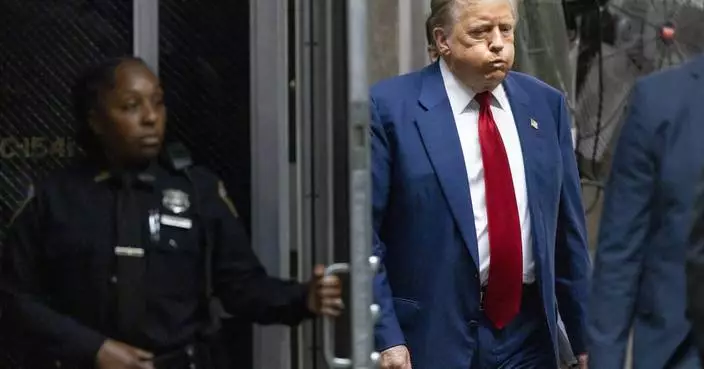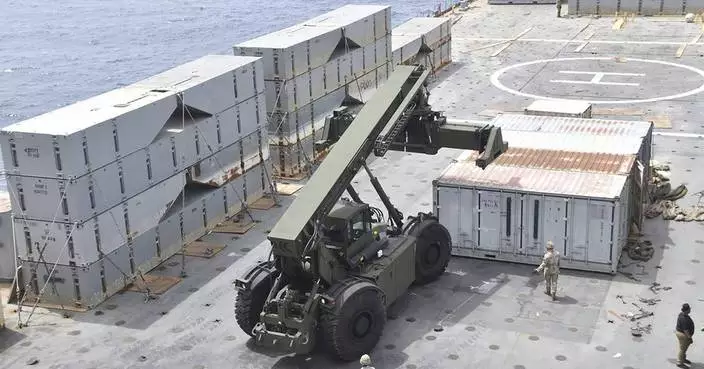Virginia regularly awards grants, tax breaks and other goodies to businesses that move to the state or expand their operations, sometimes even for small projects that produce just a dozen or so jobs.
But Amazon's announcement Tuesday that it plans to put at least 25,000 highly paid new workers in a new Arlington headquarters is no ordinary economic development deal. Likewise, the incentive package that comes with it is unlike any the state has ever offered.
Cold hard cash is a major part of the package, but state and local officials are quick to point to other incentives used to lure Amazon that have broad benefits, including massive investments in higher education and public transportation.
Here's some highlights of what's in in the deal:
CASH:
Virginia's contract with Amazon agrees to pay the online retailer up to $750 million if it creates 37,850 jobs by 2039. Virginia's grants are divided into two phases, with the state paying $22,000 per job for the first 25,000 jobs, for a total of $550 million in grants to the company. For any additional jobs, the company would get $15,564 per employee. Amazon won't get paid until after the jobs are created.
Stephen Moret, head of the state's economic development agency, said the per-job figure is not even in the top 10 of what the state has previously paid to other companies. In current dollars, Virginia has paid as much as $80,000 per job for some economic development deals, he said.
Virginia's per-job incentive is effectively only about a third of what Amazon is getting from New York, where Amazon is also planning a new 25,000 employee expansion.
Moret said Virginia made a "conscious decision" not to try to lure Amazon with over-the-top cash grants but instead focus on a more comprehensive pitch.
Arlington county is also promising to give Amazon a share of its hotel tax, which it said would add up to $23 million over 15 years if Amazon meets its predicted job-creation targets.
HIGHER EDUCATION:
A lynchpin of Virginia's bid to Amazon is the state's promises to double the number of students who graduate each year with bachelor's and master's degrees in computer science and related fields. The state plans to spend $375 million to boost the number of tech-related master's degrees at George Mason University and Virginia Tech, which is planning to open a $1 billion graduate campus near the new Amazon headquarters.
State officials expect roughly half of Amazon's new jobs at the Virginia headquarters will be tech jobs.
Christina Winn, director of business investment for Arlington's economic development office, said Virginia Tech's planned expansion is the key overlooked piece of the deal.
"It's going to be a catalyst for the whole region," she said.
TRANSPORTATION:
The state is also promising to put up to $295 million into five transportation projects. They are a connector bridge from Crystal City to Reagan National Airport, improvements to a major thoroughfare, two new Metro station entrances — including to an as-yet-to-be built station — and expansion of transit service in the area. Local governments said they've committed to spend $570 million on a collection of projects that will directly benefit Amazon's new employees.
Virginia also agreed to help Amazon build and operate a helipad at its new site at the company's expense.
HOUSING:
The Virginia Housing Development Agency plans to spend an extra $15 million a year on to promote affordable housing in areas affected by Amazon's new headquarters for the next five years, according to Gov. Ralph Northam's office. The quasi-governmental agency is funded through the sale of securities and loans to private investors.
Arlington and the city of Alexandria plan to use new revenues from Amazon to fund at least $15 million in the next decade to create and preserve 2,000 to 2,400 units of affordable housing.
EXTRAS:
Virginia's contract with Amazon contains strict language on what the state can reveal through public records requests. Moret said the intent is to protect Amazon's proprietary information, not to circumvent the state's open records laws.
The state also promises to "foster an innovative economy" and help implement "forward-looking regulatory frameworks" that promote competition, new technologies and clean energy. Secretary of Finance Aubrey Layne said that clause of the contract was meant as a signal to innovative companies in all fields that Virginia wants to work with them.
"It's really saying that Virginia is moving forward," he said.
Associated Press writer Matthew Barakat contributed from Falls Church, Virginia.




